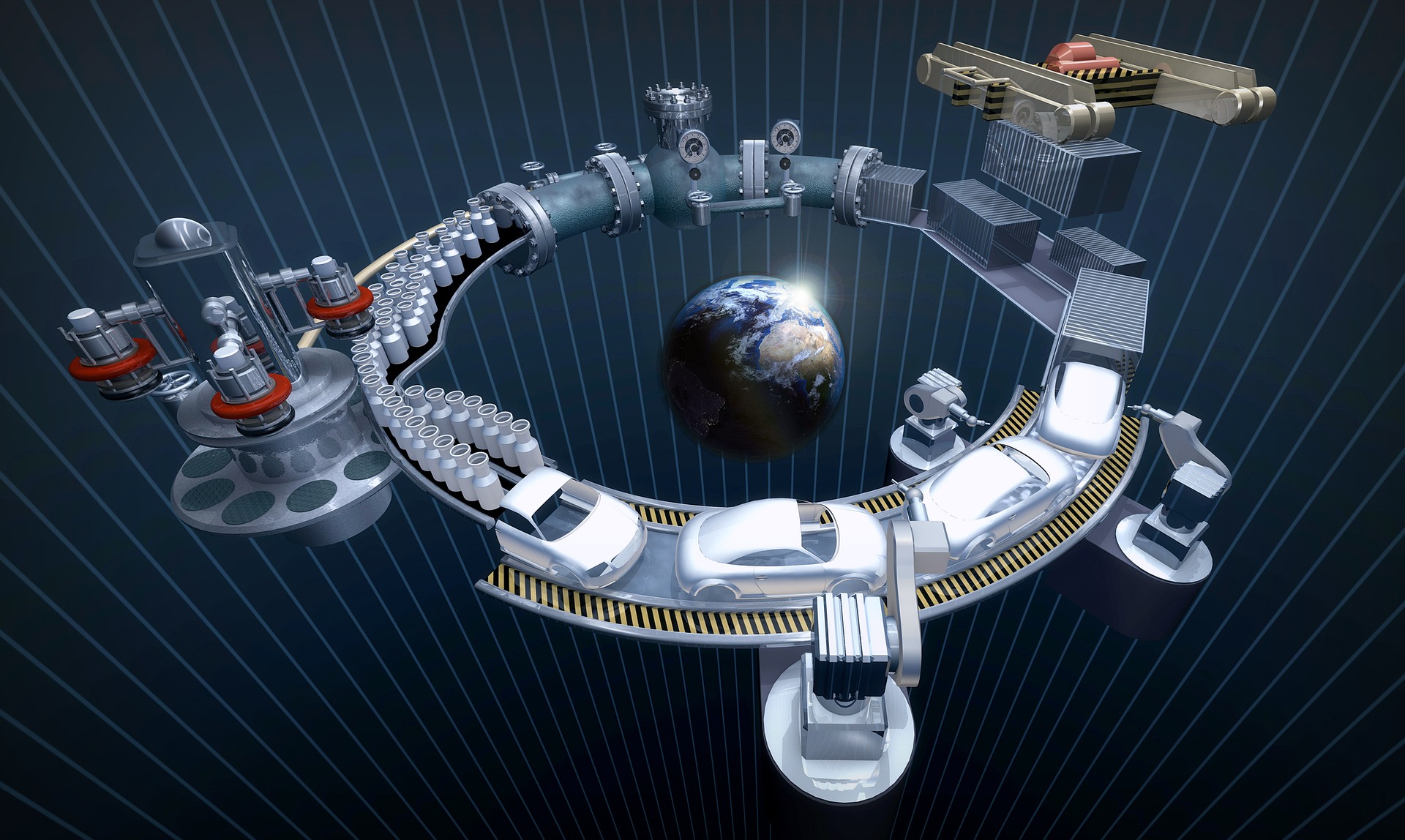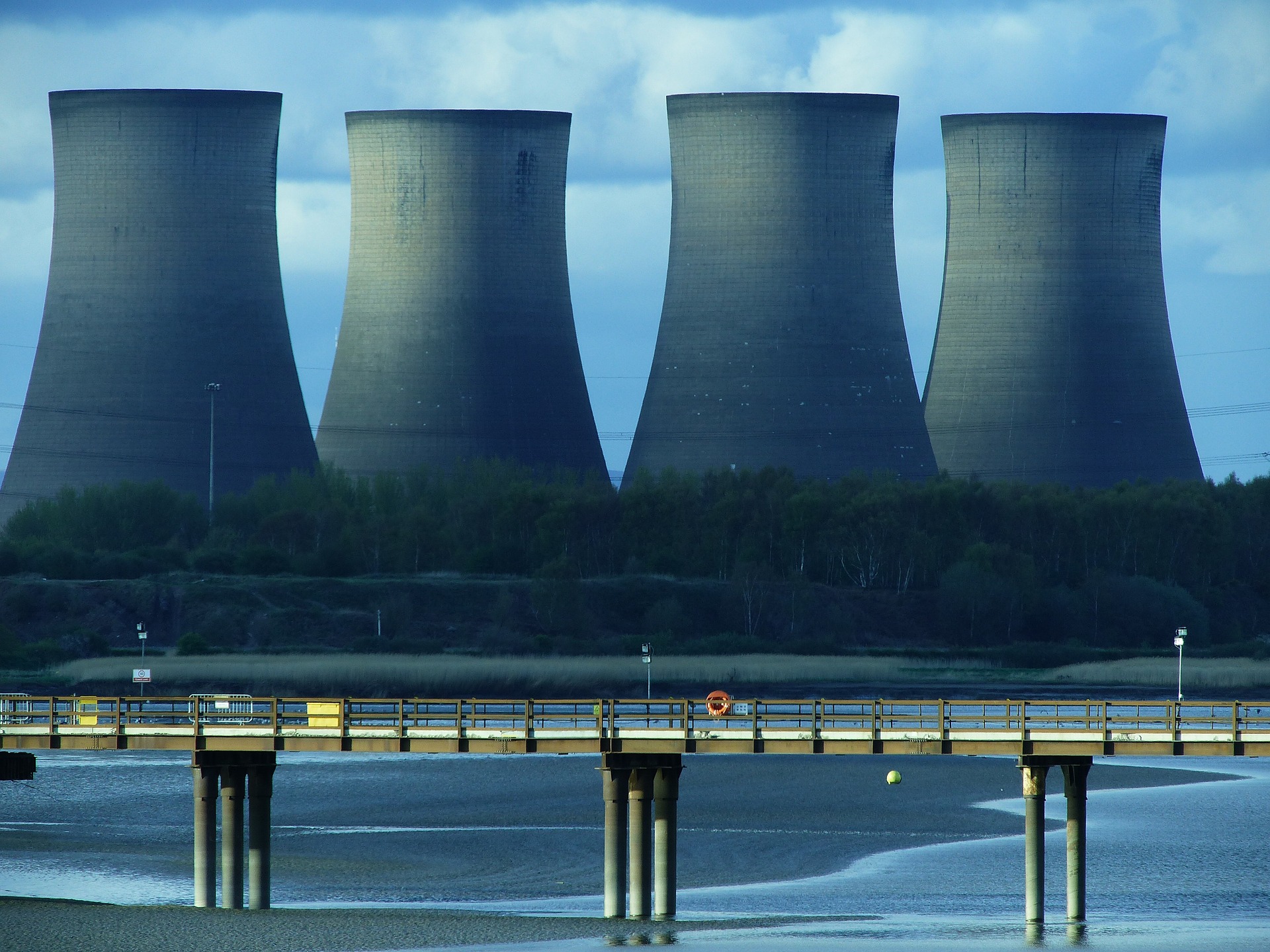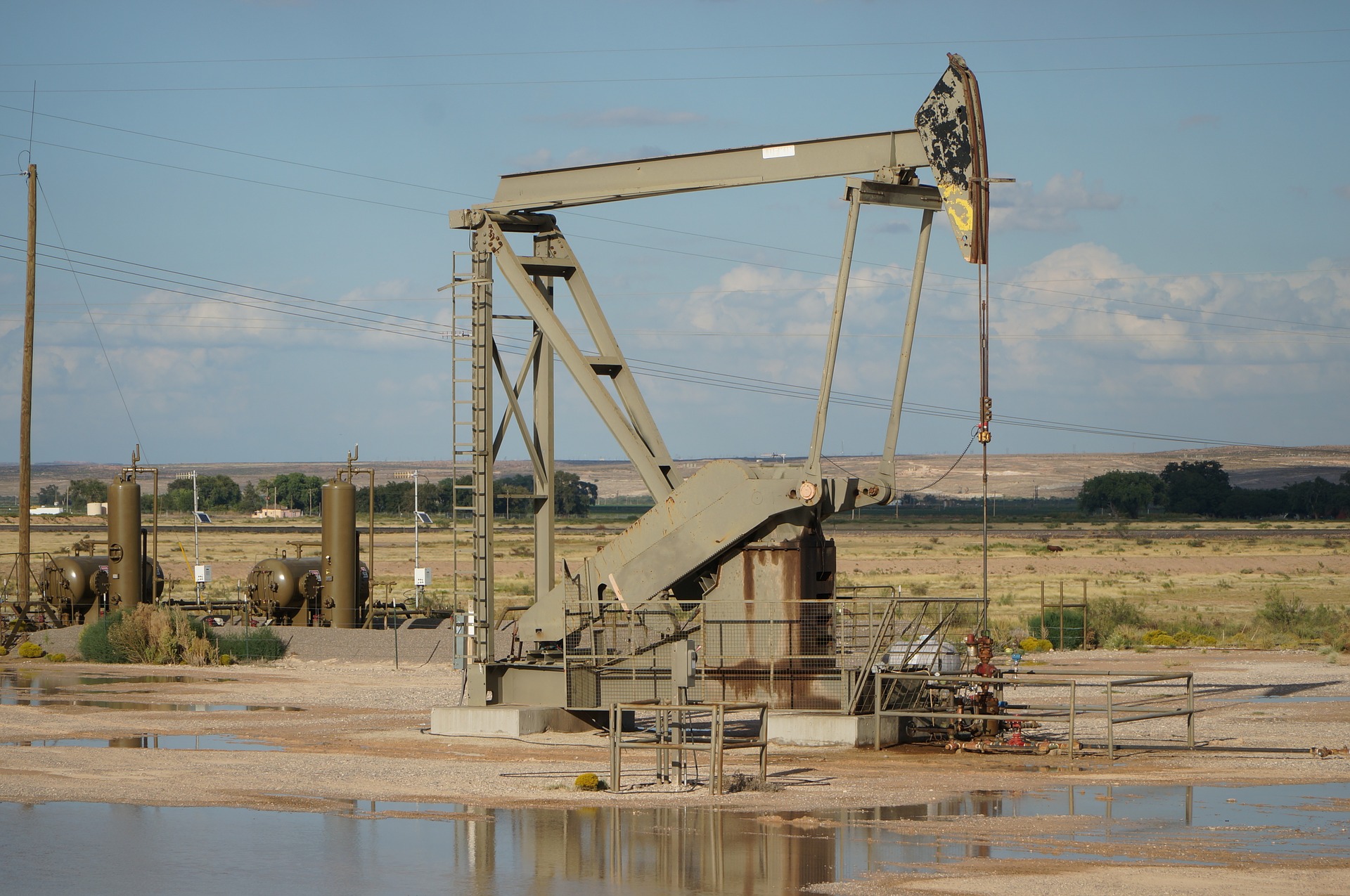Engineering is the art of modeling materials we do not wholly understand, into shapes we cannot precisely analyze so as to withstand forces we cannot properly assess, in such a way that the public has no reason to suspect the extent of our ignorance.
-
INDUSTRIAL ENGINEERING
Industrial engineering courses were taught by multiple
universities in Europe at the Spain.
In the United States,
the first department of industrial and manufacturing end
of the 19th century, including in Germany, France,
the United Kingdom, and engineering was established
in 1909 at the Pennsylvania State University.
The first doctoral degree in industrial engineering
was awarded in the 1930s by Cornell University.
In general it can be said that the foundations
of industrial engineer-ing as it looks today,
began to be built in the twentieth century.
The first half of the century was characterized by
an emphasis on increasing efficiency and reducing
industrial organizations their costs.
-
CIVIL ENGINEERING
Civil engineering is the application of physical and scientific
principles, and its history is intricately linked to advances
in the understanding of physics and mathematics throughout history,
because civil engineering is a wide ranging profession,
including several separate specialized sub-disciplines,
its history is linked to knowledge of structures, materials
science, geography, geology, soils, hydrology, environment,
mechanics and other fields.
Throughout ancient and medieval
history most architectural design and construction were
carried out by artisans, such as stonemasons and carpenters,
rising to the role of master builder.
Knowledge was retained
in guilds and seldom supplanted by advances. Structures, roads,
and infrastructure that existed were repetitive, and increases
in scale were incremental.
-
ENVIRONMENTAL ENGINEERING
Environmental engineers study the effect of technological
advances on the environment.
To do so, they conduct hazardous-waste management
studies to evaluate the significance of such hazards,
advise on treatment and containment, and develop
regulations to prevent mishaps.
Environmental engineers also design municipal water
supply and industrial wastewater treatment systems
as well as address local and worldwide environmental
issues such as the effects of acid rain, global warming,
ozone depletion, water pollution and air pollution from
automobile exhausts and industrial sources.
-
NUCLEAR ENGINEERING
Nuclear fission is the disintegration of a
susceptible (fissile) atom's nucleus into two
different, smaller elements and other particles
including neutrons.
Approximately 2.7 neutrons are released per fission,
which may cause additional fissions if enough fissionable
material is present.
Nuclear fission is made by separating one atom.
The common types of nuclear fission include thermal
fission, which is fission caused by the absorption
of a relatively slow thermal neutron with kinetic
energy approximately 0.1 25 eV.
Fast fission is fission caused by the absorption of
a more energetic neutron, with kinetic energy on the
order of MeV.
Also, in especially heavy nuclei, spontaneous fission
may occur.
Nuclei that are fissionable by neutrons typically
carry at least a very small chance of spontaneous
fission occurring.
-
POWER ENGINEERING
Energy engineering is a broad field of engineering
dealing with energy efficiency, energy services,
facility management, plant engineering, environmental
compliance and alternative energy technologies.
Energy Engineering is an interdisciplinary field
that includes select subjects from the fields Chemical,
Mechanical and Electrical Engineering.
Energy minimization is the purpose of this
growing discipline.
Often applied to building
design, heavy consideration is given to HVAC,
lighting, refrigeration, to both reduce energy
loads and increase efficiency of current systems.
Energy Engineering is increasingly seen as a major
step forward in meeting carbon reduction targets.
-
PETROLEUM ENGINEERING
Petroleum engineering is a field of engineering concerned
with the activities
related to the production of hydrocarbons, which can be
either crude oil or natural gas. Exploration and Production
are deemed to fall within the upstream sector of
the oil and gas industry.
Exploration, by earth
scientists, and petroleum engineering are the oil
and gas industry's two main subsurface disciplines,
which focus on maximizing economic recovery of
hydrocarbons from subsurface reservoirs.
Petroleum geology and geophysics focus on provision
of a static description of the hydrocarbon reservoir
rock, while petroleum engineering focuses on estimation
of the recoverable volume of this resource using a
detailed understanding of the physical behavior of oil,
water and gas within porous rock a very high pressure.
-
ELECTRONIC ENGINEERING
Electronic engineering as a professions sprang from
technological improvements in the telegraph industry
in the late 19th century and the radio and the telephone
industries in the early 20th century.
People were attracted to radio by the technical
fascination it inspired, first in receiving and then
in transmitting.
Many who went into broadcasting in the 1920s were only
'amateurs' in the period before World War I.
To a large extent, the modern discipline
of electronic engineering was born out of telephone,
radio, and television equipment development and
the large amount of electronic systems development
during World Was II of radar, sonar, communica-tion
systems, and advanced munitions and weapon systems.






